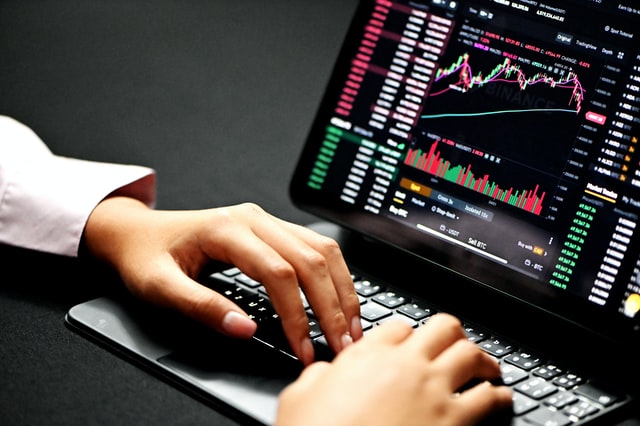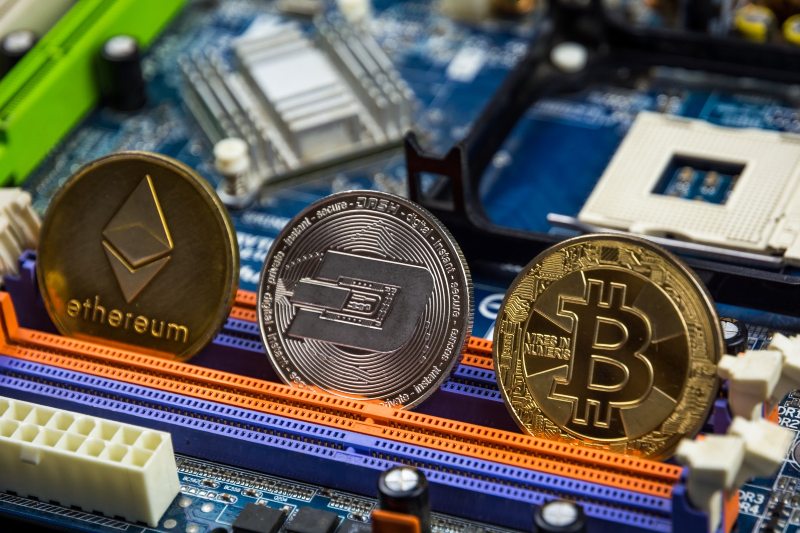With the emergence and mainstream popularity of cryptocurrency, Asian countries have taken different paths to address the trend. While countries like India and China are taking action to discourage cryptocurrency and any related activity, other countries like Vietnam, Cambodia, and Indonesia are capitalizing on the opportunity to further increase their stake in the financial technology industry.
One such country is the Philippines. As reported by The Philippine Star, the domestic transaction volume for cryptocurrencies jumped 36% within the period of January to September 2020; the total rising from 5.3 million to 7.2 million. In a separate article by the Oxford Business Group, it was reported that the Philippines was third place in terms of cryptocurrency adoption, behind only Nigeria and Vietnam.
Based on the YCP Solidiance white paper The Digitalization of the Philippine Wallet: E-Money’s Emergence in the Philippines published last April 2020, evidence suggests that the country is primed for financial technologies to continue its growth; a trend that benefits the future of cryptocurrency in the Philippines. 
Domestic Support & Crypto-Friendly Regulations
In 2016, the Philippines’ Central Bank – the Bangko Sentral ng Pilipinas (BSP) – established a framework that sought to regulate crypto exchanges by requiring them to register as remittance and transfer companies with the BSP. Since then, as reported by Bitcoin.com, the number of approved and regulated cryptocurrencies recognized by the Central Bank in the Philippines has totaled to 16 as of 2020.
While the Philippine Stock Exchange (PSE) currently waits for crypto governing guidelines from the Securities Exchange Commission (SEC), the PSE has expressed an interest in bringing crypto trading under its jurisdiction as per reports by Business Insider India.
Continued interest from both the PSE and BSP are positive indications as it further legitimizes the Philippines’ desire to invest and integrate cryptocurrencies into local society.
Potential for Future Investment and Application
As part of the BSP’s continued attentiveness to cryptocurrency, Yahoo Finance reported that the Philippines’ Central Bank announced that it would be conducting research on the possibility of launching a central bank digital currency (CBDC) of its own. While it may take some time to accomplish such a lofty goal, the initiative to do so is encouraging, nonetheless.
Similarly, as per the Philippines News Agency (PNA), Cebu City, one of the Philippines’ largest metropolitan areas, has taken steps to explore cryptocurrency through a joint venture with Filipino-Korean firm C Pass Inc. Via their collaboration, the city aims to explore crypto in a practical sense by providing residents the option of settling City Hall transactions through C PESO, a stable coin that citizens can easily purchase and digitally load onto their wallets. The coin will utilize the blockchain technology of Ethereum and will also employ a system similar to one used in South Korea.
The Philippines’ top mobile wallet, GCash, also hopes to explore cryptocurrency services, such as the ability to buy, sell, and store crypto. While they currently offer the service of mobile remittance of crypto from Canada to the Philippines via Telcoin, the potential to further venture into related cryptocurrency services could potentially be groundbreaking.
A Crypto Future
All things considered, the future of cryptocurrency in the Philippines is undeniably bright. With both government authorities and local companies at the forefront of the movement, there is an increasingly high potential for cryptocurrency exchanges to continue their growth locally.
For similar insight into burgeoning movements, developments, and industries across Asia, subscribe to our newsletter here.







